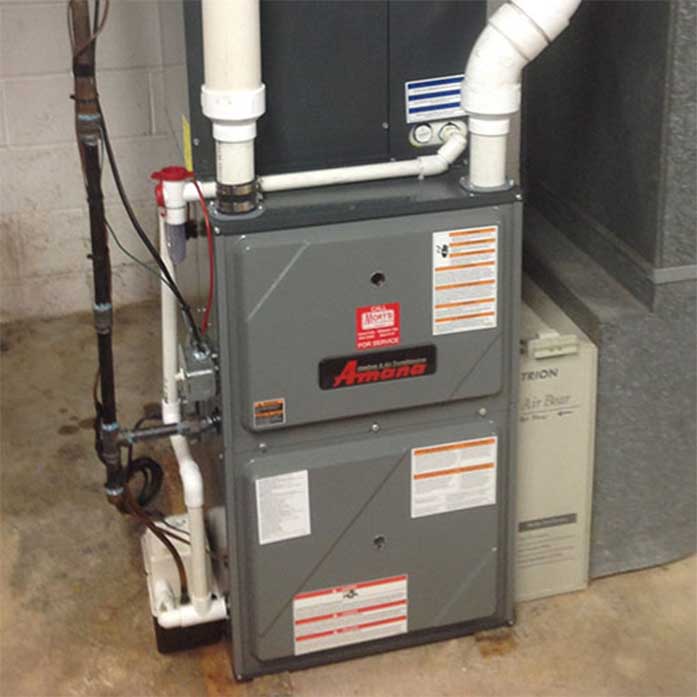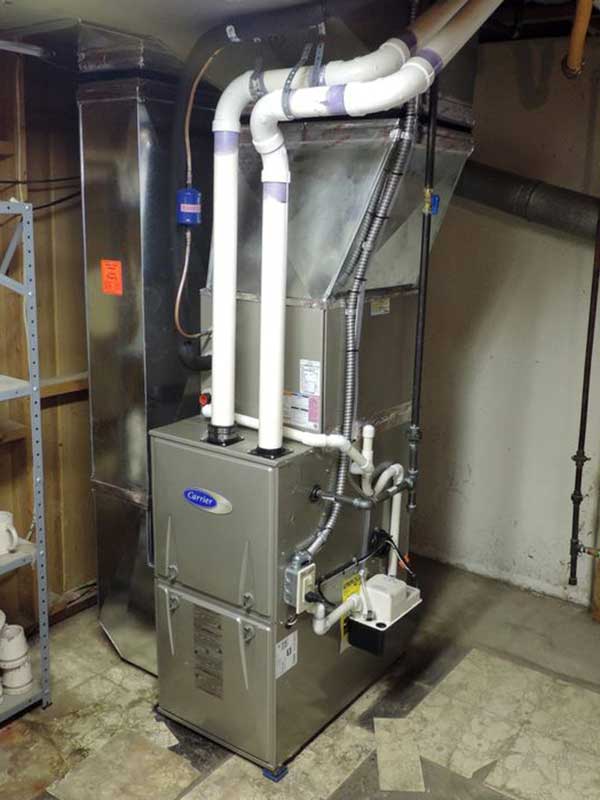Furnace installation experts: Ensure your home stays warm all winter long
Furnace installation experts: Ensure your home stays warm all winter long
Blog Article
The Ultimate Guide to Furnace Setup for a Cozy Home
Heating system installation is an important facet of preserving a comfortable home environment, especially during the cooler months. As you consider these elements, the concern stays: what steps can you take to guarantee your furnace serves you well for years to come?
Kinds Of Heaters

Gas furnaces are one of the most common choice because of their effectiveness and lower functional expenses. They use gas or lp, offering quick home heating and consistent efficiency, making them excellent for colder environments.
Electric furnaces, while typically simpler to set up and keep, tend to have higher functional expenses. They are frequently preferred in locations where gas solution is unavailable or for homes with existing electric facilities.
Oil furnaces, though much less usual today, continue to be a practical option in particular areas. They burn home heating oil, which can be advantageous throughout chillier months, yet their reliance on oil delivery presents potential difficulties.
Additionally, there are high-efficiency versions available across these types, which can considerably reduce energy consumption and energy expenses - furnace installation. Eventually, understanding these furnace kinds will certainly aid property owners pick a system that aligns with their heating needs, budget, and energy preferences
Choosing the Right Dimension
Picking the ideal dimension for a heater is vital to making certain optimal efficiency and power efficiency. A small heater will have a hard time to preserve comfy temperatures throughout the cool months, bring about raised damage, greater energy bills, and possible system failing. Alternatively, an extra-large heater might cycle on and off also frequently, resulting in inefficient home heating and irregular temperature distribution within the home.
To determine the correct heater size, a computation recognized as the Guidebook J lots calculation need to be done. This process reviews different factors, including the square video of the home, insulation degrees, home window sizes, and regional environment conditions. This thorough evaluation makes certain that the heater satisfies the details heating demands of the space.

Installation Refine Summary
In regards a knockout post to products, you will need ductwork, insulation, and securing tape to make sure optimal air flow and power performance - furnace installation. It is also crucial to have a brand-new heater filter accessible, in addition to airing vent materials, such as PVC pipe or steel flue, depending on the type of heating system being set up
Safety and security devices, consisting of handwear covers, safety glasses, and a face mask, is likewise critical to shield against dirt and particles throughout setup. Having all these devices and materials conveniently available not only improves the process but additionally enhances the safety and efficiency of the furnace setup.
Maintenance Tips for Longevity
To ensure the longevity of your heating system, it is vital to apply a regular upkeep schedule that addresses vital elements of the system. Beginning by changing or cleaning up the air filter each to 3 months, as a blocked filter can limit airflow and decrease efficiency. Additionally, evaluate and cleanse the blower assembly to avoid dirt accumulation that can impede performance.
Following, check the thermostat setups and rectify if essential to guarantee exact temperature level policy. Examine the ductwork site link for leaks or clogs, as this can result in energy loss and unequal heating. Regularly lubricate the electric motor and bearings according to the supplier's suggestions to reduce wear and tear.
Specialist assessments need to occur yearly, where a certified specialist can analyze the heater's total condition, look for gas leakages, and guarantee that safety functions are operating appropriately. Finally, think about mounting a programmable thermostat to optimize power usage and maintain consistent home temperature levels. By embracing these upkeep practices, you can boost your heating system's efficiency, expand its life expectancy, and ultimately take pleasure in a relaxing and comfy home setting.
Verdict

Report this page